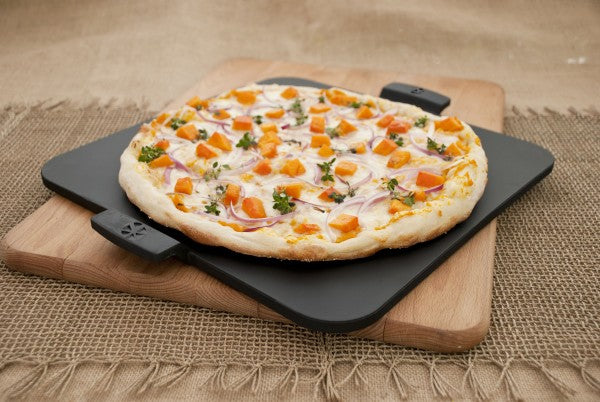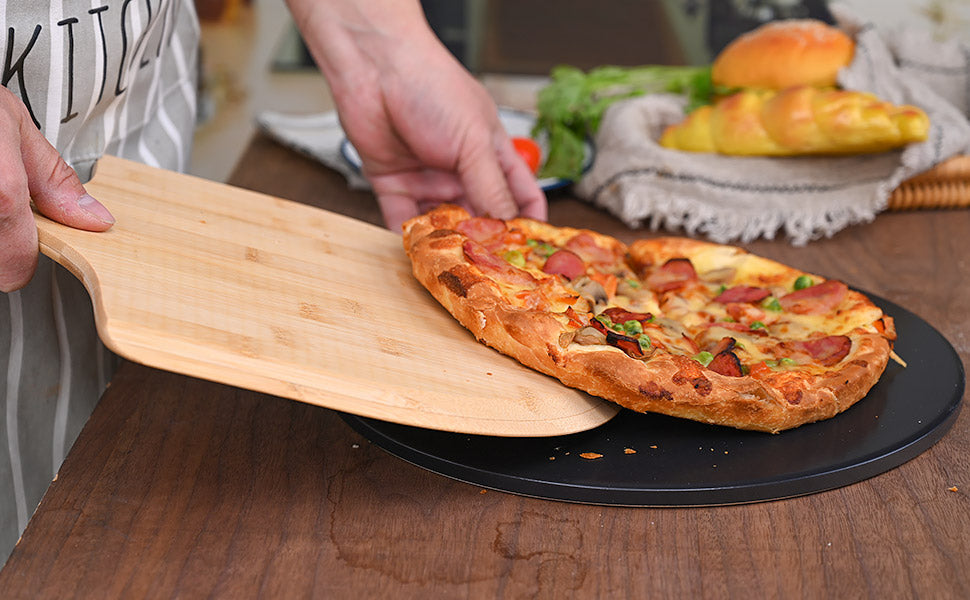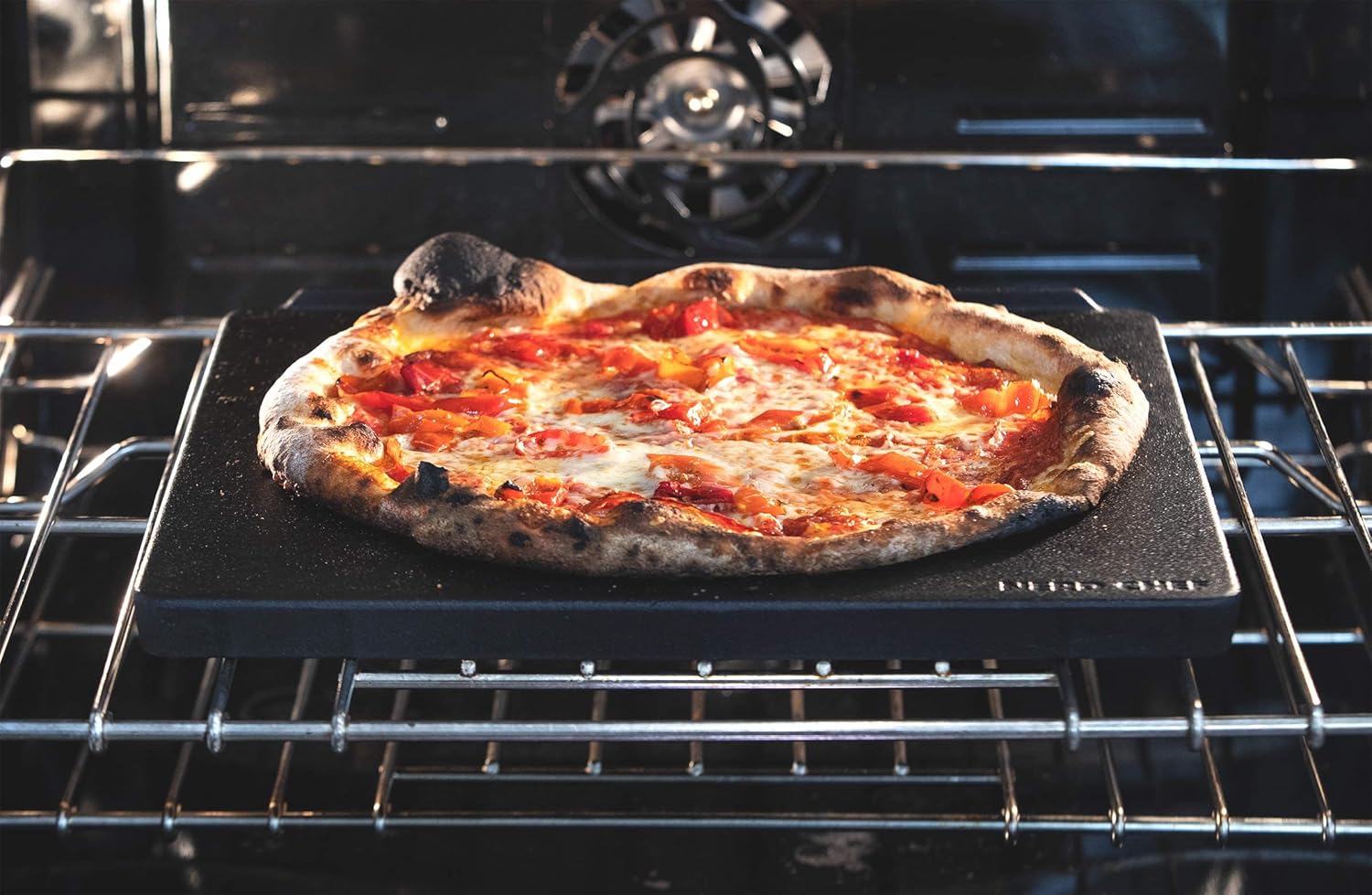In the culinary realm, few tools rival the baking stone in its ability to revolutionize baking experiences. When delving into the realm of baking, understanding the differences in baking stone materials becomes paramount, especially for kitchen professionals. These differences dictate not only the quality but also the consistency of the baked goods produced.

The Primary Types of Baking Stone Materials
Bakers often experience the eternal debate of choosing the perfect baking stone material. Each type of stone possesses its unique characteristics, making it crucial to select the one that suits specific baking needs. But what distinguishes these materials?
Cordierite: The Resilient Contender
Cordierite stones are renowned for their durability and exceptional heat retention. They are less likely to crack under dramatic temperature shifts, making them ideal for both novice and experienced bakers. The material's resilience to thermal shock ensures a longer lifespan, which is invaluable in busy kitchens.
Moreover, cordierite's ability to absorb and distribute heat evenly results in perfectly crisp crusts, whether for pizzas or sourdough bread. To further explore the benefits, you might find this baking stone heat tolerance guide insightful.
Clay: A Traditional Choice
Clay baking stones are celebrated for their natural origins and time-honored baking prowess. They offer a distinct flavor profile, enhancing the taste of bread and pizza with a subtle earthy tang. Clay's porous nature helps in creating steam, leading to a crusty exterior and a soft, moist interior.
However, the delicateness of clay means more maintenance and care are required. To gain insights into potentially selecting the best clay option, read this concise take on fireclay baking stones.
Ceramic: The Versatile Virtuoso
Ceramic stones stand out due to their versatility and ability to maintain high temperatures. These are highly valued for producing evenly baked goods, although they might be more prone to thermal breakage compared to cordierite.
The seamless heat distribution property of ceramic stones lends them favor in professional settings. Learn more about the efficacy of these baking stone materials from this cohesive article on best material for baking stones.
Impact of Material Choices on Baked Outcomes
Understanding the thermal conductivity and heat retention qualities from different materials is pivotal in achieving consistent baking results. The choice of material influences how rapidly heat spreads and the duration it is maintained, impacting bake times and the texture of finished products.
Stone vs Steel: Making the Right Decision
Baking stones are often compared to baking steels, especially regarding heat performance. While stones offer a unique flavor enhancement, steels provide superior thermal conductivity. Kitchen professionals must evaluate whether their priority lies in taste enhancement or speed of cooking.
If you are torn between the two, consider this resource on baking like a pro with baking stone tips for an informed decision.
Maintenance and Longevity
Proper maintenance extends the life of a baking stone, regardless of its material. Professionals know the value of regularly cleaning their baking stones without soap, ensuring that flavor and structural integrity remain uncompromised.

Frequently Asked Questions
1. Which baking stone material is the most durable?
Cordierite is widely regarded as a durable material due to its thermal shock resistance, making it suitable for frequent use.
2. Can a ceramic baking stone crack easily?
Ceramic stones have a decent lifespan, but they can crack under rapid temperature changes. Proper handling minimizes this risk.
3. Is there a significant taste difference among stone materials?
Yes, certain stones like clay or ceramic can influence the final flavor of baked goods, offering subtle earthy undertones.
Choosing the right baking stone starts by understanding the different materials and their properties. This ensures both quality results and longer-lasting kitchen equipment. For further guidance and reviews on baking stone materials, consider visiting this comprehensive baking resource.
This article contains affiliate links. We may earn a commission at no extra cost to you.






Leave a comment
This site is protected by hCaptcha and the hCaptcha Privacy Policy and Terms of Service apply.